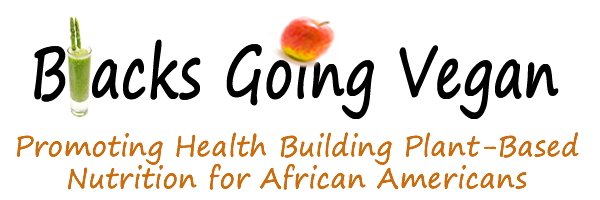Protein in Your Diet – How Much Protein Do You Need?
 Protein is one of those things that are often discussed by people trying to lose weight, work out, or change their diet. When I worked as a trainer the muscle heads at the gym would regularly ingest 1.0 to 1.5 grams of protein per pound of body weight. They would eat 24 oz steaks, a dozen raw eggs, and were constantly guzzling watery gross-looking protein shakes.
Protein is one of those things that are often discussed by people trying to lose weight, work out, or change their diet. When I worked as a trainer the muscle heads at the gym would regularly ingest 1.0 to 1.5 grams of protein per pound of body weight. They would eat 24 oz steaks, a dozen raw eggs, and were constantly guzzling watery gross-looking protein shakes.
But really, that is entirely too much protein; it’s hard on your kidneys and really a waste of money as well. The body cannot metabolize all that protein in one sitting, and it’s not a substance that is stored by the body for use later like iron or calcium. Excess calories, whether in the form of protein or biscuits and gravy, are stored as fat.
Most people worry about eating enough protein if they cut meat and dairy and eggs out of their diet. I cannot tell you how many times I’ve heard: “Vegan? That means you don’t eat meat, right? So um, where do you get your protein from?” Though the information below from Web MD was not written to a vegan or vegetarian audience exclusively, and contains references to eating animal and dairy products, most of the information is still of value.
How Much Protein Is Enough for Good Health?
Protein requirements are complicated because the amount we need changes with age.
- Infants require about 10 grams a day.
- Teenage boys need up to 52 grams a day.
- Teenage girls need 46 grams a day.
- Adult men need about 56 grams a day.
- Adult women need about 46 grams a day.
One important exception is pregnant or lactating women. The recommended intake for them rises to 71 grams of protein a day.
Another way to look at protein requirements is as a percentage of calories. The Institute of Medicine recommends we get at least 10% and no more than 35% of calories from protein. [Note from Deb: That means if you’re a typical woman eating 1500 calories per day, between 150-525 of your calories would contain protein.]
Most people get enough protein, but some might do well to add a few additional sources.
Data from the National Health and Nutrition Examination Survey showed that 7.7% of adolescent females and about 8% of older adult women weren’t getting the minimum recommended amount of protein. [Note from Deb: I was amazed when I worked as a trainer how many women would have a diet such as 2 slices of toast with butter and jam for breakfast, a fruit and yogurt or green salad for lunch, cookies for a snack, and pasta sprinkled with cheese for dinner. No beans, no meat, no nuts, no tofu, nothing.]
As a proportion of total calories, the median intake of protein in children was 13.4%, below the ideal range. Men aged 51 to 70 consumed 16% of their calories in protein, also a little below the recommended amount.
The Risks of Too Little Protein
That shortfall could mean trouble. Protein is important to many physiological functions from building and maintaining muscle and bone to keeping cells in good working order.
Recent studies suggest that protein makes a meal more satisfying, which in turn could help people maintain a healthy weight.

Indeed, a 2005 study published in the American Journal of Clinical Nutrition found that increasing protein from 15% to 30% of total calories — and reducing fat from 35% to 20% of calories — resulted in sustained weight loss.
Choosing the Healthiest Sources of Protein
A wide variety of foods — from meat, fish, and dairy to beans, whole grains, nuts, eggs, and vegetables — contain protein. A meat-eater can easily get all the protein he or she needs; but even vegetarians can meet their requirements if they choose with a little care.
How healthy a protein-rich food is typically depends on what else it contains. For example:
- Meat is one of the leading sources of protein in the American diet. Some meat is also loaded with saturated fat, which is unhealthy. The healthiest choice is lean meat low in saturated fat. [Note by Deb: All meat is loaded with saturated fat, not sure why they used such softly worded language. Chicken or beef, pork or lamb, turkey or wild game, it doesn’t matter. And industrially raised meat is also laden with chemicals, antibiotics, and bacteria like E-coli.]
- Fish is an excellent source of protein and the oils contained in fish help protect against heart disease.
- Eggs are also abundant in protein, although they also contain dietary cholesterol — up to 185 mg for a large egg.
- Plants such as beans and nuts are a particularly wise choice for protein since so many Americans fall short on fiber. Both beans and nuts are rich in fiber and plant-based phytochemicals that may help lower heart disease and cancer risk.
Category: Veganism and African Americans

























